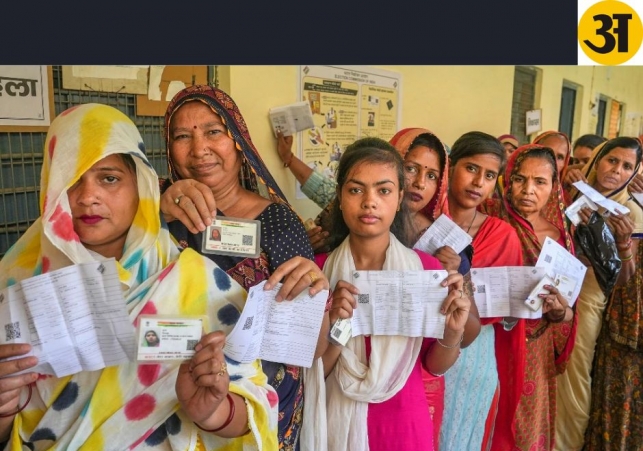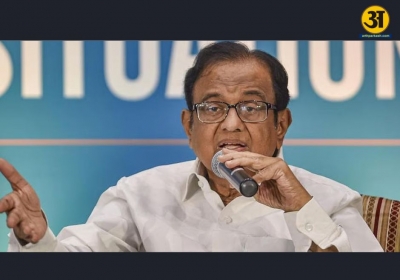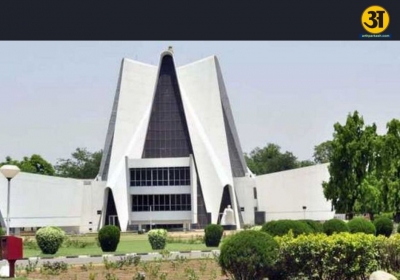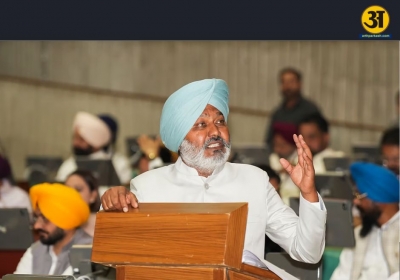
EC to SC: revealing turnout data could cause chaos
Election Commission warns Supreme Court: indiscriminate disclosure of polling station turnout data could cause chaos
The Election Commission (EC) informed the Supreme Court that publicly sharing polling station-wise voter turnout data online could disrupt the ongoing Lok Sabha elections. The EC argued that disclosing Form 17C, which details the number of votes cast at each polling station, could lead to chaos and misuse. This form is not legally required to be posted online and making it public could result in tampered images and misinformation.
The EC dismissed claims that there was a 5-6% increase in voter turnout data between the initial release on polling day and later press releases. It called these allegations false and unsubstantiated. The EC emphasized that the legal framework only allows polling agents to have copies of Form 17C, and any general public disclosure is not legally supported.
ALSO READ: Amit Shah labels Arvind Kejriwal as 'shameless' during fiery speech at Delhi rally
Legal and practical concerns
The EC filed an affidavit responding to a plea by the NGO ‘Association of Democratic Reforms’ (ADR) which requested that polling station-wise voter turnout data be uploaded within 48 hours of polling. The EC argued that such a move would violate existing legal provisions and could create unnecessary complications. It noted that the current system ensures the integrity of Form 17C, with copies only held by polling agents and the original kept securely.
ALSO READ: Over 1,000 Villagers in Odisha boycott phase 5 of Lok Sabha Elections
The EC also pointed out that the ADR’s claims about discrepancies in voter turnout data from the first two phases of the 2024 Lok Sabha elections were misleading and based on suspicion. The EC explained that delays in publishing voter turnout data are due to the need for accurate verification and not due to any irregularities.
The Supreme Court had asked the EC to respond to the ADR’s plea, which aimed to enhance transparency and prevent electoral fraud. However, the EC maintained that the current procedures are adequate and that further disclosures could undermine the electoral process by creating mistrust and confusion among the public.





